Council of Europe eyes Swiss model for compensating abuse victims
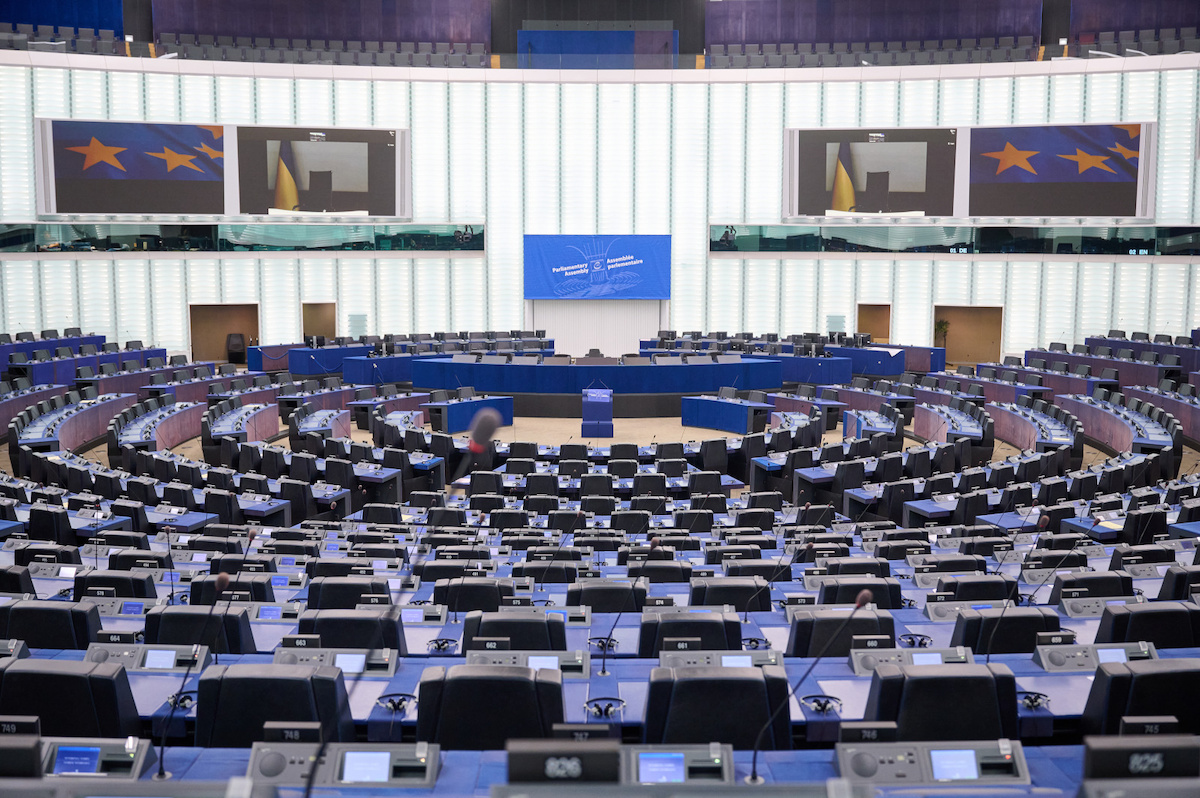
The Strasbourg-based Council of Europe is keen to investigate child abuse cases based on the Swiss model of reparation for victims.
On Friday, it approved a series of recommendations in response to a motion tabled in 2021 by Swiss parliamentarian Pierre-Alain Fridez. The Parliamentary Assembly of the Council of Europe, which brings together 46 member states and 600 million citizens, voted in favour of treating cases of past abuse of minors committed within public or religious institutions according to the Swiss model. It unanimously approved a report and a series of recommendations.
For example, the suffering of abuse survivors should be officially recognised in member states. Those affected should receive financial compensation – regardless of any statute of limitations – and comprehensive scientific work should be carried out in each country.
+ Compensation so far paid to 6,000 Swiss ‘slave children’
The Council of Europe’s recommendations are in line with the demands of the “Justice Initiative” launched by Guido Fluri, the Swiss author of the “reparations initiative”. The main rapporteur on this issue was Pierre-Alain Fridez, who was elected to one of the vice-presidencies of the Parliamentary Assembly.
“In Europe, we must never again turn a blind eye to child abuse in public, private or religious institutions, which should be havens of peace,” said Fridez. His arguments convinced a majority of the assembly.
+ Parliament closes painful chapter on foster care
A report on the situation in Europe with clear recommendations was approved on Friday.
The Parliamentary Assembly of the Council of Europe has asked member states to begin by taking stock of the situation regarding child abuse in institutions in their respective countries.
+ Report uncovers troubling chapter of Swiss social history
The survey must be exhaustive and cover physical, sexual and psychological abuse. This includes institutional care in public, private or religious institutions, inadequate care, care in private homes, removal of children from parents considered “unfit”, forced adoptions and forced sterilisations.
According to the report, “18 million children are victims of sexual abuse in Europe, 44 million of physical violence and 55 million of psychological violence. The most serious cases have occurred and continue to occur within public and religious institutions”.
+ Sweeping study finds 1,000 cases of sexual abuse in Swiss Catholic Church since 1950
He cites the 2,000 children from the island of La Reunion who were taken away from their parents and forcibly transferred to France between 1962 and 1984, the victims of physical and psychological violence in homes in Ireland, and the 15,000 children who died in 26 “hospital homes” in Romania, according to the Institute for Research into the Crimes of Communism.
In a press release by the Guido Fluri Foundation, Claude Wild, Switzerland’s Permanent Representative to the Council of Europe, welcomed the resolution. He praised Switzerland’s contribution made through Pierre-Alain Fridez and the good practices in Switzerland, which are cited as a model.
In Switzerland, the Guido Fluri Foundation’s popular initiative “on reparation” has led to a new law emphasising recognition of injustice, scientific analysis and solidarity contributions. Over 12,000 survivors of childhood abuse subsequently obtained official recognition of the injustice and financial compensation.
This news story has been written and carefully fact-checked by an external editorial team. At SWI swissinfo.ch we select the most relevant news for an international audience and use automatic translation tools such as DeepL to translate it into English. Providing you with automatically translated news gives us the time to write more in-depth articles. You can find them here.
If you want to know more about how we work, have a look here, and if you have feedback on this news story please write to english@swissinfo.ch.

In compliance with the JTI standards
More: SWI swissinfo.ch certified by the Journalism Trust Initiative










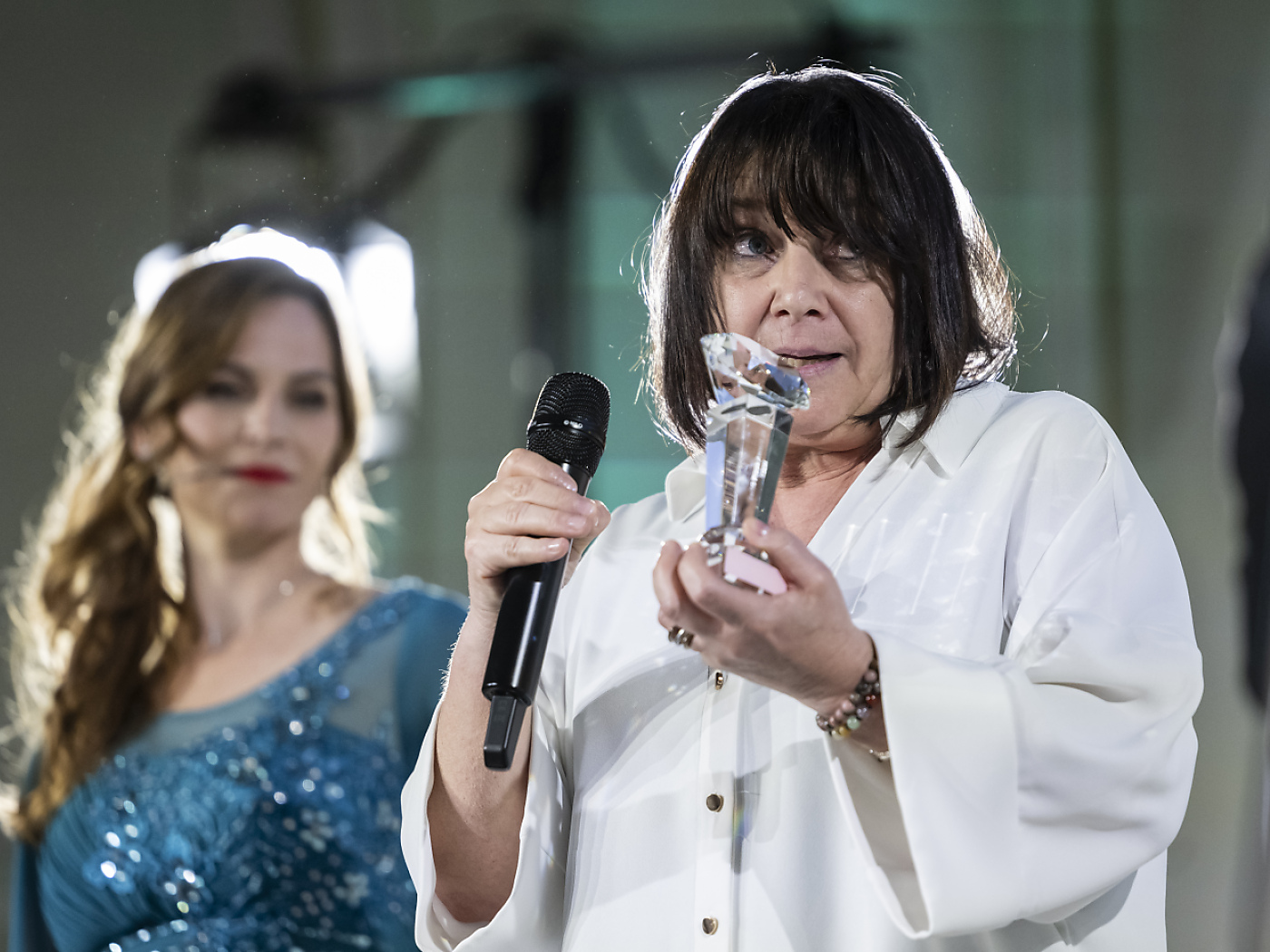



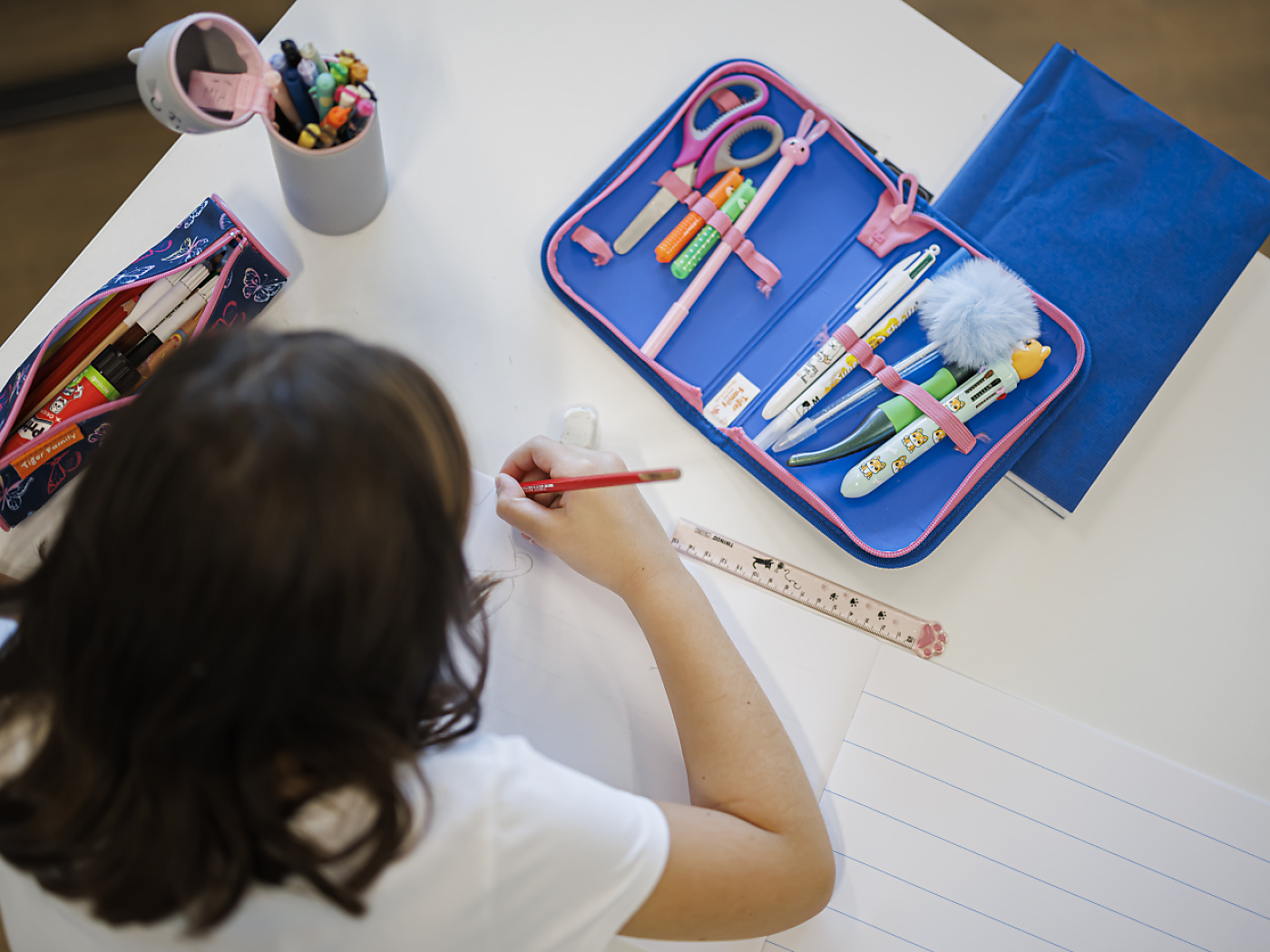
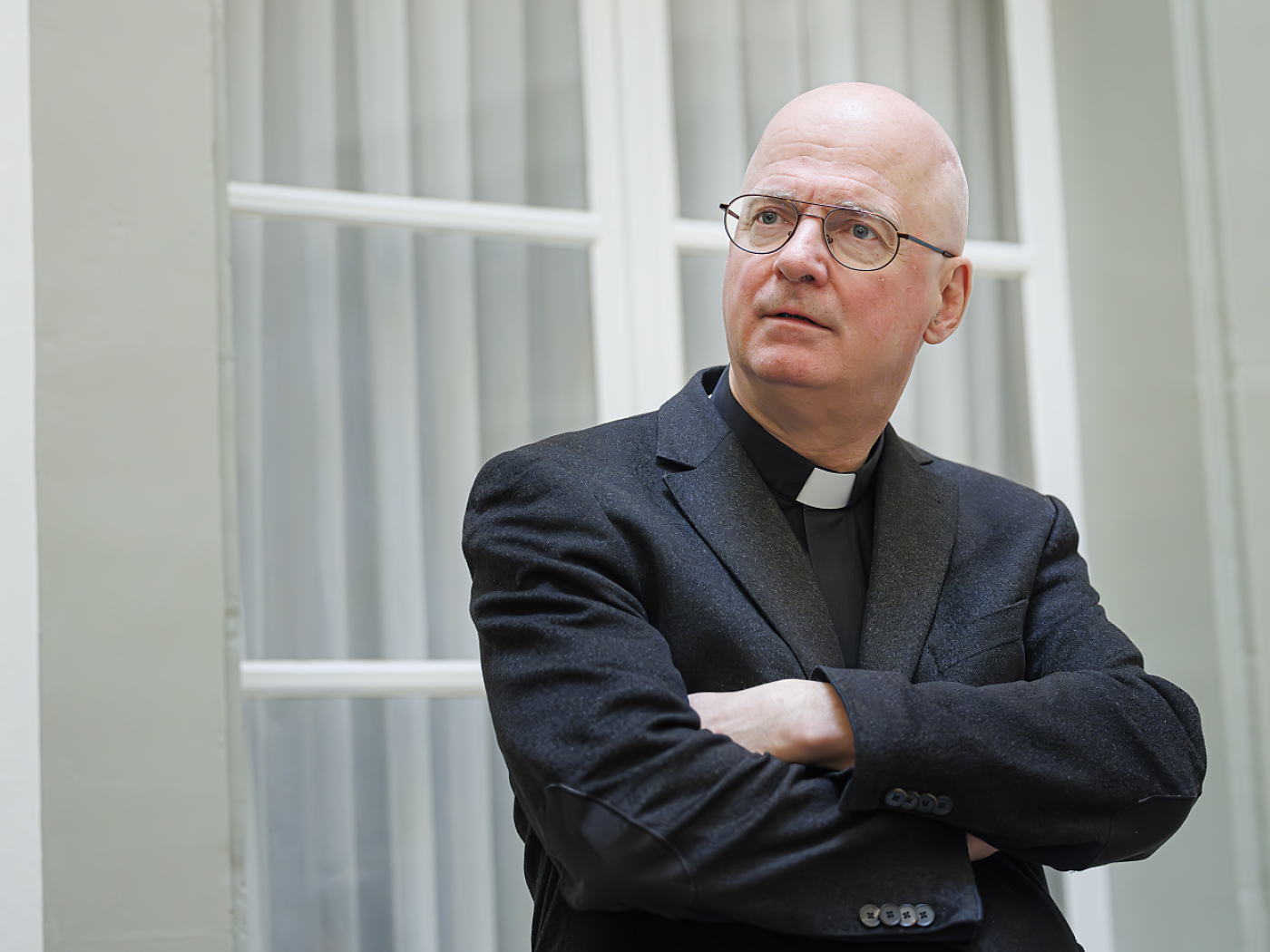

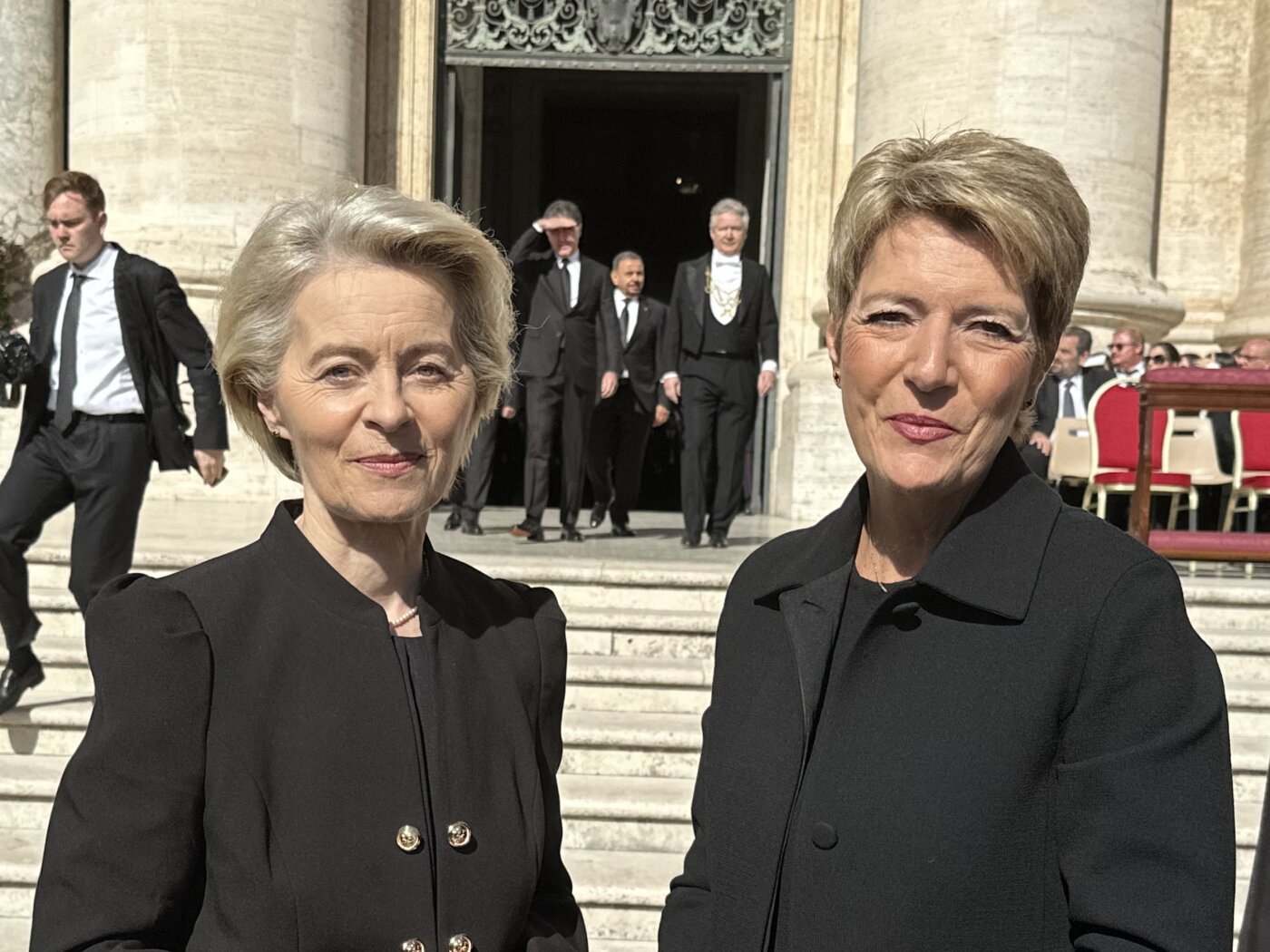
You can find an overview of ongoing debates with our journalists here . Please join us!
If you want to start a conversation about a topic raised in this article or want to report factual errors, email us at english@swissinfo.ch.